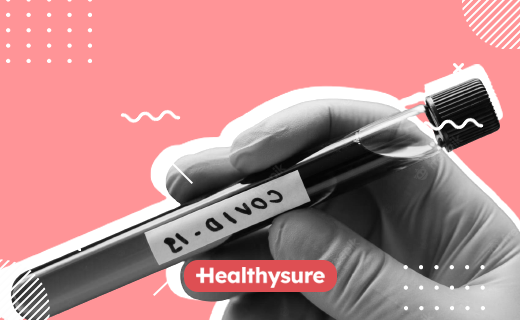Table of Contents
What is plasma therapy?
Plasma therapy or convalescent plasma therapy is a medical procedure that involves using the blood from a patient who has recovered from the illness to help others battling the same disease.
Plasma therapy is beneficial, primarily because the blood of the recovered patient contains antibodies against the virus. When taken from the recovered patient, this blood is processed to remove various blood components such as platelets and blood cells, leaving behind a liquid called the plasma that contains all the antibodies. After it is administered to an ailing COVID-19 patient, the plasma increases their ability to fight against the virus.
A lot of people confuse plasma therapy with vaccines. However, they are not the same. Plasma therapy is unlike vaccines, whose objective is to generate antibodies in the body. In contrast, plasma therapy is the administration of the antibodies generated in another individual’s body.
Is Plasma Therapy effective?
Of course, plasma therapy has shown positive results when administered to severe patients nationally and internationally. It works by improving the ability of the patient to fight off the virus and thereby recover from COVID-19.
Many reports state that plasma therapy improved the symptoms of critically ill COVID-19 patients. Thus far, the scenario in which convalescent plasma therapy has been used is in late-stage critically ill COVID-19 patients.
Who can receive plasma?
Convalescent plasma thereby is recommended only for patients seriously ill with the COVID-19 infection. Undergoing plasma therapy would help decrease the severity of the illness and shorten the span of infection in the patient. It is also recommended for patients who are ill with severe comorbidities with heavy viral load.
Does blood compatibility matter?
Yes, blood compatibility does matter during plasma transfusions. Someone with Rh+ blood can receive both Rh+ and Rh- transfusions, but those with Rh- can only receive Rh- blood.

Apart from the Rh factor, the compatibility of blood groups (A, B, AB, and O) is also critical. People with the blood group AB can be universal plasma donors since their plasma does not contain A or B antibodies. Eligible persons with blood group AB should be especially encouraged to donate plasma as it can be transfused immediately, without losing precious time determining the compatibility of the patient’s blood type.
Who can donate plasma?
To be a positive plasma donor, you must be eligible on the following grounds:
- Should have recovered from COVID-19 and free of symptoms for at least 14 days before donation
- Can donate after 28 days of first diagnosis of COVID-19
- But not later than 2 months post COVID-19 recovery (though there is no medical proof, this outer limit is recommended by doctors)
- Should be between 18 and 60 years of age
- Should be > 50 kg of weight
- Should have displayed active symptoms such as cough and fever during the time of infection. It is challenging to obtain antibodies from those who have been asymptomatic against the disease.
- Should not be a cancer survivor or have organ complications
- Is not pregnant
- Does not have comorbidities such as diabetes and hypertension
Is plasma donation safe?
Plasma donation is a safe, painless and comfortable procedure for most donors. Donation is done using the plasmapheresis machine that extracts your blood, separates the plasma and returns the blood back to the body. The entire procedure is supervised by certified nurses.
How many times can plasma therapy be administered?
Most medical institutions and hospitals recommend and allow plasma donations only once every 28 days. This is because research has shown that frequent plasma donations can reduce the quality of the plasma since the body can regenerate the critical components a limited number of times.
In addition to this, the plasma withdrawn from a single individual can be used for 2 to 3 patients at a time.
Where can you donate plasma?
You can donate plasma to any hospital or plasma bank. You can also donate plasma to the following organizations by contacting them through their website:
- https://dhoondh.com
- https://needplasma.in
- https://friends2support.org
- https://coronaclusters.in/plasma/donate
- https://ublood.com/covid/plasma-request
This article is prepared in consultation with Dr. Amrit Jha (MBBS, MS Ortho) & Dr. Darshan Sheth (MBBS, MHA).
Follow us on our LinkedIn Page to catch regular updates on COVID-19 and Healthcare topics.



